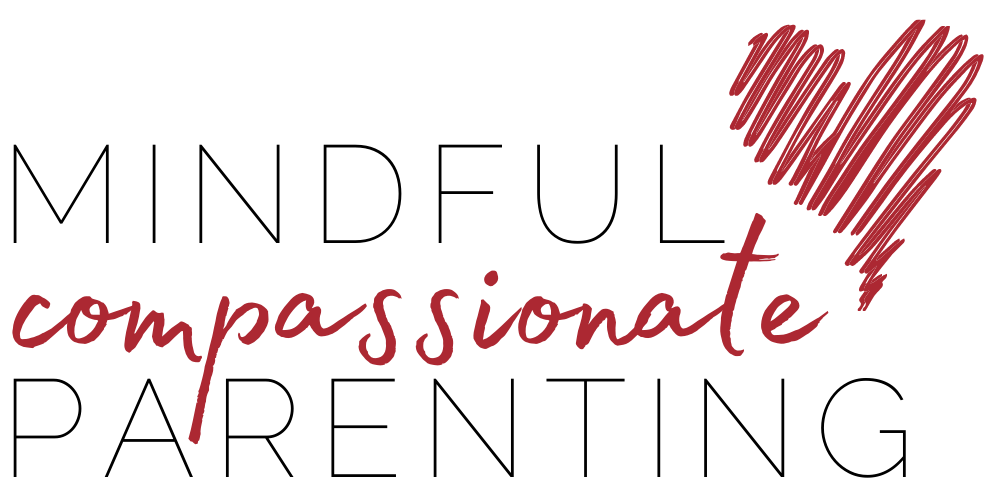Was ist das grösste Geschenk, das Eltern ihren Kindern machen können?
“Before assisting others make sure you first put on your oxygen mask!”
We know very well this security announcement in aeroplanes. Well, there is some wisdom in this advice that is relevant for all carers not least parents.
Often as parents, we put ourselves last. When we take time for ourselves, we feel guilty for taking precious time away from our children or family. But in reality, an exhausted mum or dad with little energy fails to give the necessary attention to the needs of children, family life and even their partner. When our battery is empty, there is no energy for anyone. Therefore, practising Self-Compassion also means taking responsibility that the battery is never empty.
A happy and relaxed parent is one of the greatest gifts you can give your children!
For this reason, the “Mindful Compassionate Parenting” course puts so much emphasis on self-compassion. Basically, Self-Compassion means being a good friend to yourself. Being able to treat oneself as kindly and lovingly as one treats their nearest and dearest is an indispensable skill for one’s own well-being and for being able to care for others as well. Research shows the positive effects of practising self-compassion for one’s mental and physical well-being that it is now a central quality in almost all modern approaches to health promotion.
Many people in our society have a hard time with self-compassion – they quickly feel that this is selfishness, self-centredness or vanity. Quite the opposite, it is an important way to balance our nervous system. Many of us have strong inner critics that can easily cause the nervous system to overheat. “I’m not good enough” or “This is not good enough yet” which quickly becomes a stress trigger. Self-compassion should not mean wanting nothing more and just lying in the hammock. It is really an approach, a practice that tries to quieten the condemning voice within oneself by inviting a compassionate view of one’s own perceived failures.
How can you practice self-compassion as a parent with little time?
Start with a self-compassion break – an exercise that takes 2-3 minutes max.
If you have just experienced something where you did not act or react as you would have liked, sit down for a moment, and breathe a few times consciously. If you want, place a hand on your heart space (or somewhere else on your body – a touch that you find pleasant) and go through these three steps inwardly for a short time:
- Say to yourself: “This is just a really hard situation right now” or “wow, that hurts!” or “something really went wrong right now.” – Fully acknowledge what is!
- Say to yourself: “No one is perfect, not even me” or “Everyone makes mistakes, that’s just human” or “I’m not alone or the only one with this” or “It’s part of life”.- Shared humanity: without denying how hard it is, the view opens up beyond one’s own momentary suffering and shows that we are connected to other parents sharing the same challenges. The key here is to adapt the words to the situation, depending on whether it is about a “mistake”, a failure, a loss or a mishap.
- Ask yourself: “What can support me right now, just when I’m not feeling well?” or “What is good for me now?” – Self-kindness: the way I would approach any friend in a similar situation.
And if this is even too long! Give yourself from time to time (and especially when you experience stress) a gentle touch in a way that you experience as calming or soothing. This could be a hand on your heart area, on your belly, touching one hand with the other, on the cheeks, etc. You know best what is good for you!
This practice is one of the many that the course “Mindful Compassionate Parenting” teaches to parents.
Author: Peter Hofmann, Mindful Compassionate Parenting teacher.

